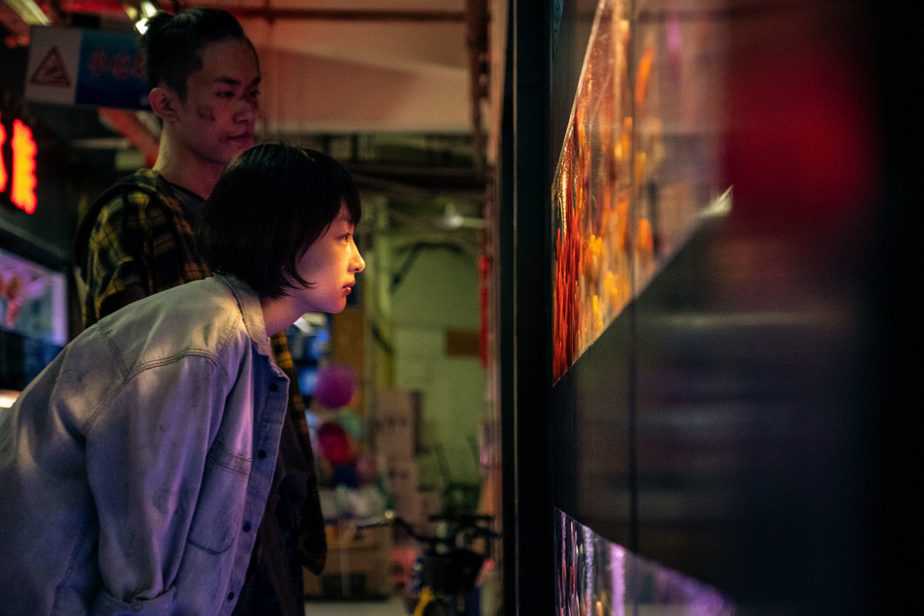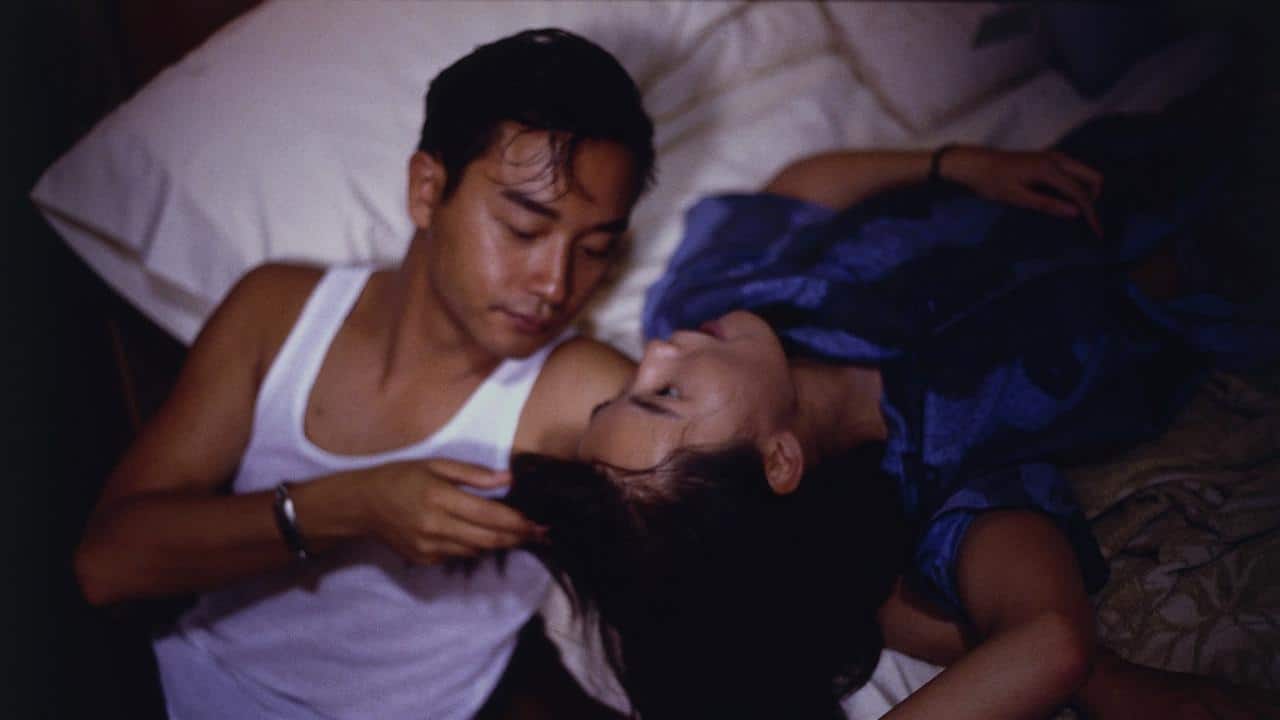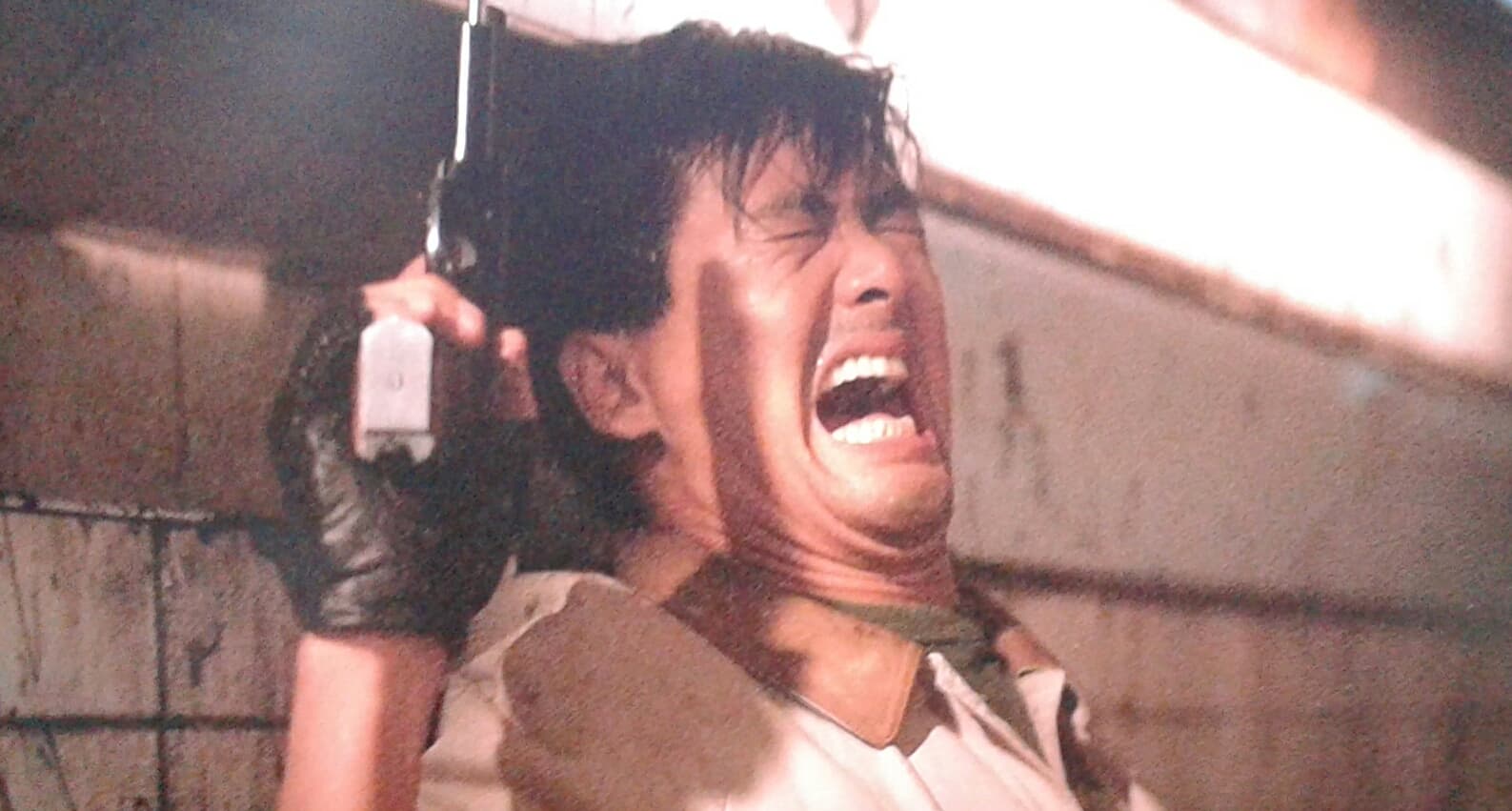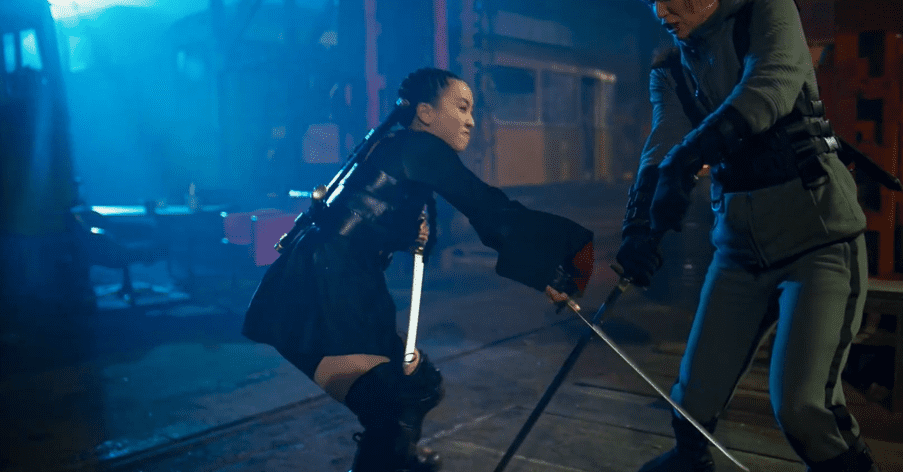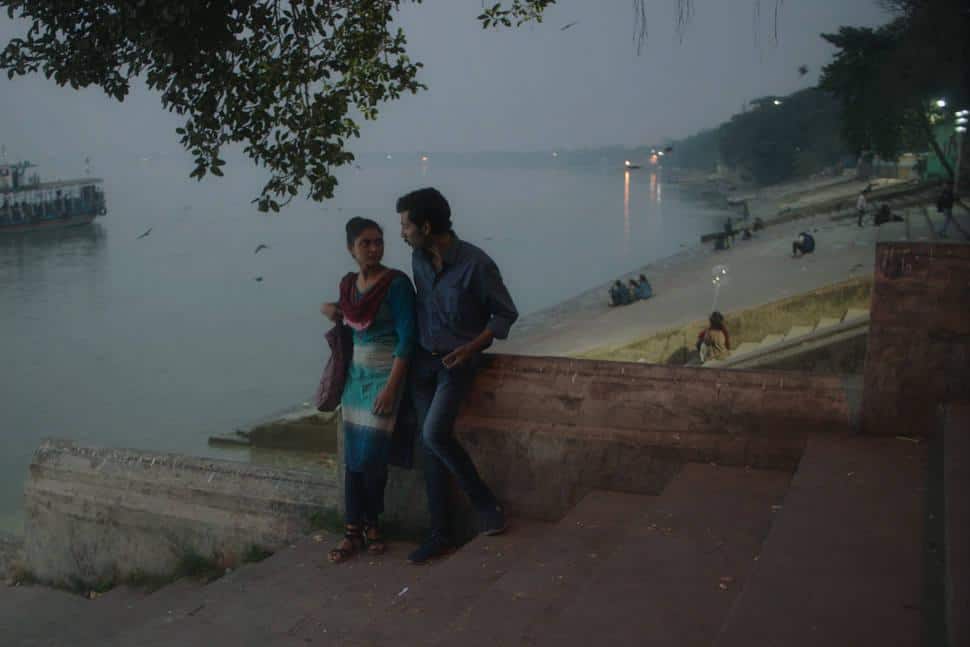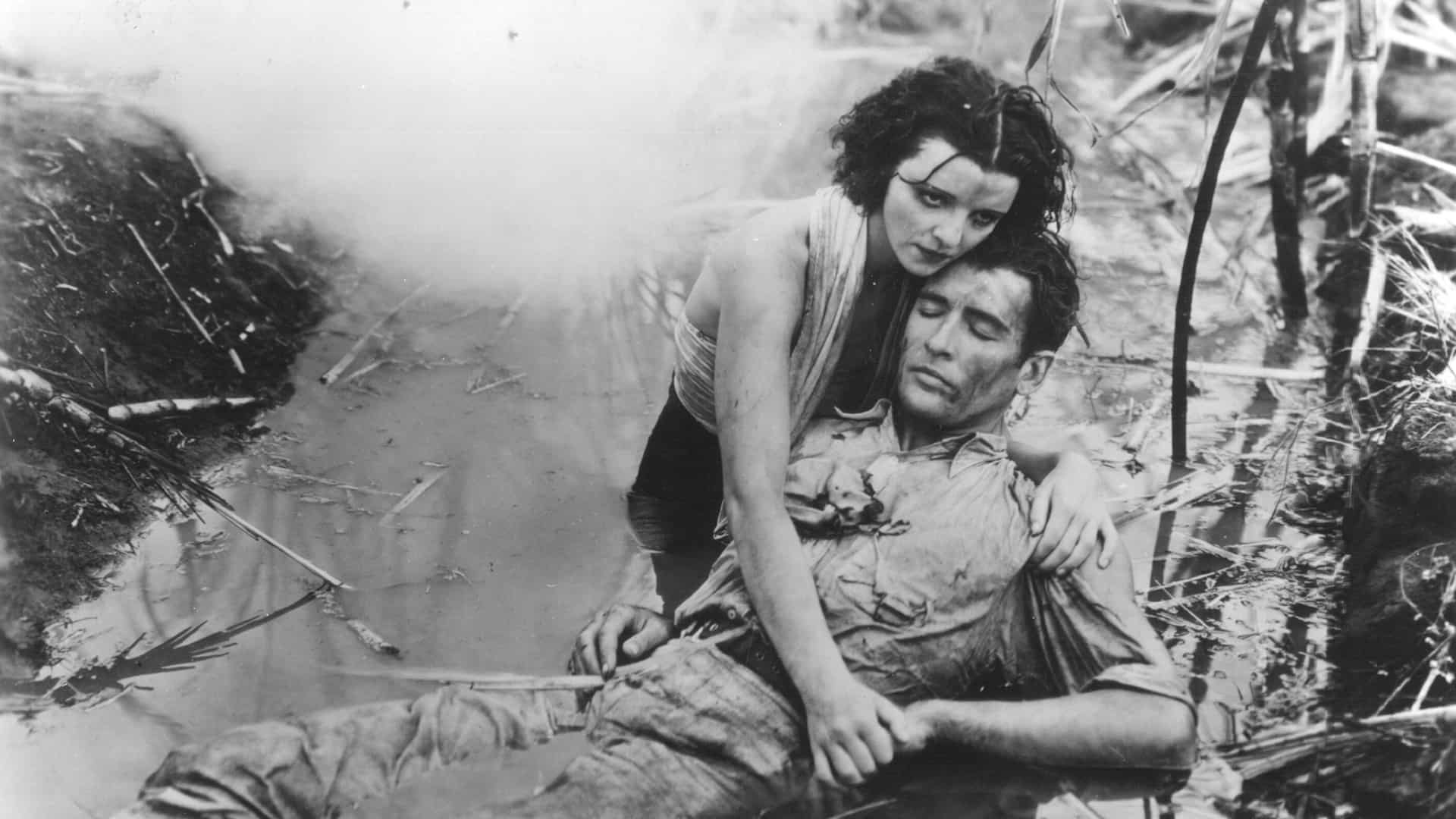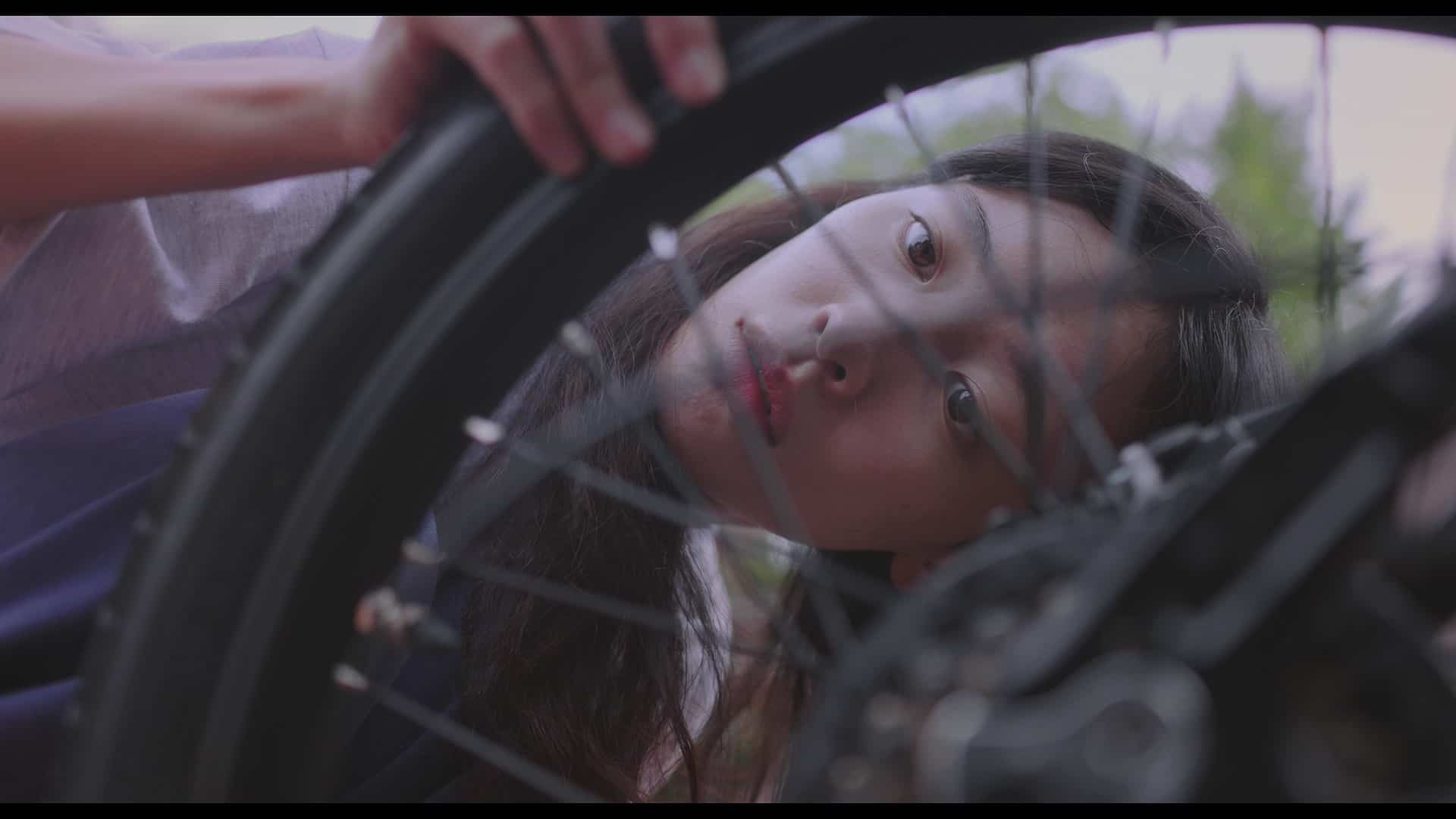Probably the most successful Asian production of the last few years, after “Parasite”, “Better Days” dominated the Hong Kong Film Awards a few days before, winning 8 awards, including Best Film, Director, Actress, Cinematography and screenplay, on its way to a more than $225 million worldwide gross.
Buy This Title
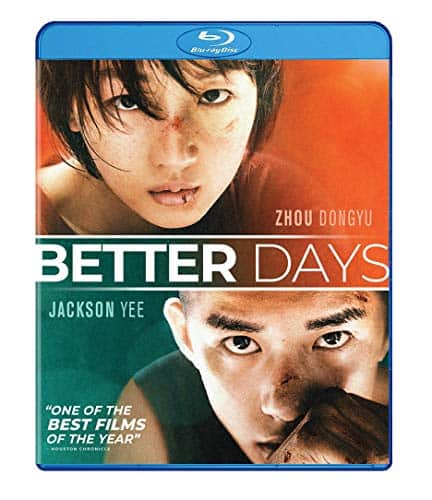
The script is adapted from the novel “In His Youth, In Her Beauty” by Jiu Yuexi, and tells the story of a student, Chen Nian, and her unlikely romantic interest Xiao Bei. The story is told in a flashback, and takes place close to the gaokao, a two-day national college entrance exam, when Jiu Yuexi and her classmates are preparing intently for an exam that nearly ten million high school students attend every year. Chen Nian, however, has a lot more to face. Her mother is a small-time, failed crook, with the two of them barely making a living, while the people she has conned are on their heels. Her biggest problem, however, is Wei Lai, the leader of the girl bully group in the classroom, who is as ruthless as she is spoiled and privileged. As the story begins, another girl in the classroom commits suicide inside school grounds, not being able to handle the pressure for both the exams and the bullying.
Chen Nian is the only who reacts, covering the dead body with her jacket, and that is when her own troubles begin, both with the police, who are investigating the incident and with Wei Lai's gang, who begin targeting her in the worst way possible.
Even in her growing despair, Chen Nian takes a moment to save Xiao Bei, a young man she witnesses getting beaten up in the street, thus kickstarting a very strange friendship, which begins with him functioning as a silent bodyguard/stalker, and soon becomes something more. Trouble keeps piling up, however, for everyone involved, including young policeman Zheng Yi, who is in charge of the case.
The most obvious asset of the film is, evidently, the story. Wing Sum Lam, Yuan Li and Yimeng Xu have done a tremendous job in creating (adapting if you prefer) an intensely multilayered story that includes everything: crime thriller, (school) drama, romance, coming-of-age, even a bit of comedy. This combination, along with the many, occasionally completely unexpected plot twists, takes care of the entertainment aspect of the movie, resulting in a production that retains interest for the whole of its 135 minutes, which, in this case, are completely justified in an effort to present the case and the characters as thoroughly as possible.
The most interesting element in that regard is the romantic relationship, which begins as “down and dirty”, completely surrounded by violence, until it blooms into something completely different, although not fairy-tale but tragedy-like, by any measure.
Perhaps the sole flaw in that regard is that the story hits the reef of the melodrama quite harshly during the end, although even this issue, somehow seems fitting in the general narrative.
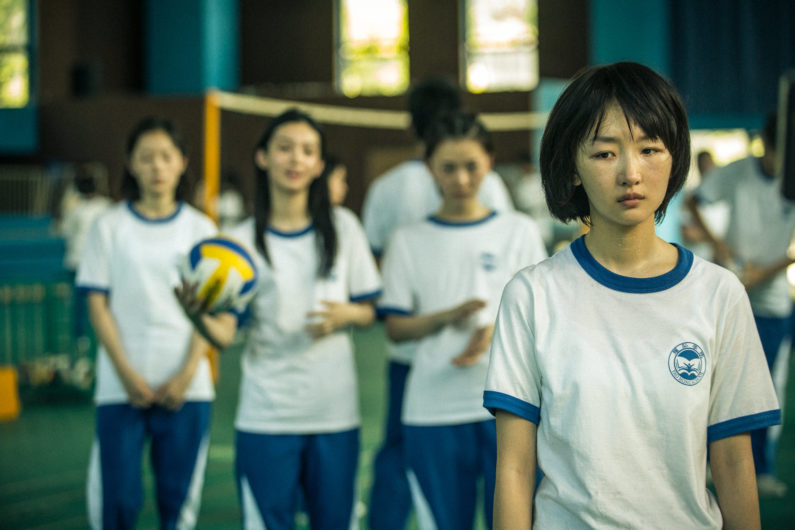
The comments and the overall context of “Better Days” are at least as rich as its entertainment aspect. Derek Tsang, using the elaborate story, gives a rather realistic view on the modern Chinese society, and particularly the way the pressure for success affects youths. Getting into a prestigious university after high school, which will probably ensure future professional success, seems to be one of the main goals of the whole society. Parents, the school, and the students are obsessed with these exams and academic success, to the point that nothing else seems relevant.
Tsang seems to state that, in that pursue, both parents and school have forgotten their primary function, which is to take care, nurture and educate young people. This lack of schooling and parenting seems to be the sole reason for the troubles the protagonists experience, including the issue of bullying (for both bully and bullied) and its horrible consequences. In that regard, both institutions, school and family, shine through their absence in the film, while the few times they are present, they seem only to create more problems or to highlight their inadequacy.
Furthermore, and on a secondary level, the film deals with minor crime, social media (and their role in bullying) and the violence that seems to dominate a large part of Chinese society, particularly due to lack of proper policing. The bulk of all the aforementioned elements is also a comment regarding the way society works as a whole, which in this case, is presented solely as a source of pressure or even oppression.
All the aforementioned elements benefit the most by the production values of the movie, with Jing Pin Yu doing an excellent job in the cinematography, portraying the claustrophobic environment the protagonists inhabit, both literally and psychologically, in the most artful manner. The darkness of the streets and the light that seems to dominate the school environment create a well-presented antithesis but also have a contextual meaning, as Chang seems to say that what happens in brightness and darkness is not as different as many think. Yibo Zhang's editing is also great, with him giving a relatively fast pace to the movie that suits its aesthetics perfectly, while allowing Chang to present both characters and comments without any “shortcuts”. The succession of the many different kinds of cinematic tools (footage from cameras, flashbacks, etc) also allows the film to flow in a great manner, while great work has also been done in the production (Honghu Liang) and costume design (Dora Ng).

Derek Tsang and Zhou Dongyu (Chen Nian) have proved they work extremely well together in “Soul Mate“, but “Better Days” is definitely the highlight of their career. The way Tsang manages to combine and present all the layers of the movie is nothing less than masterful, with the same applying to the multi-leveled character Zhou Dongyu depicts. Particularly the scenes where she is crying, and the one we watch her acting with her back on the camera are a testament to the way her talent has matured over the years. Jackson Yee is also convincing in the “benevolent-thug” role, while Zhou Ye as Wei Lai presents an excellent villain, with the scene where she reveals a bit more about her situation being the highlight of her performance.
“Better Days” manages to combine the best from both independent and mainstream cinema, which is the recipe that led to both critical and commercial success. Definitely one of the best films of the year.


